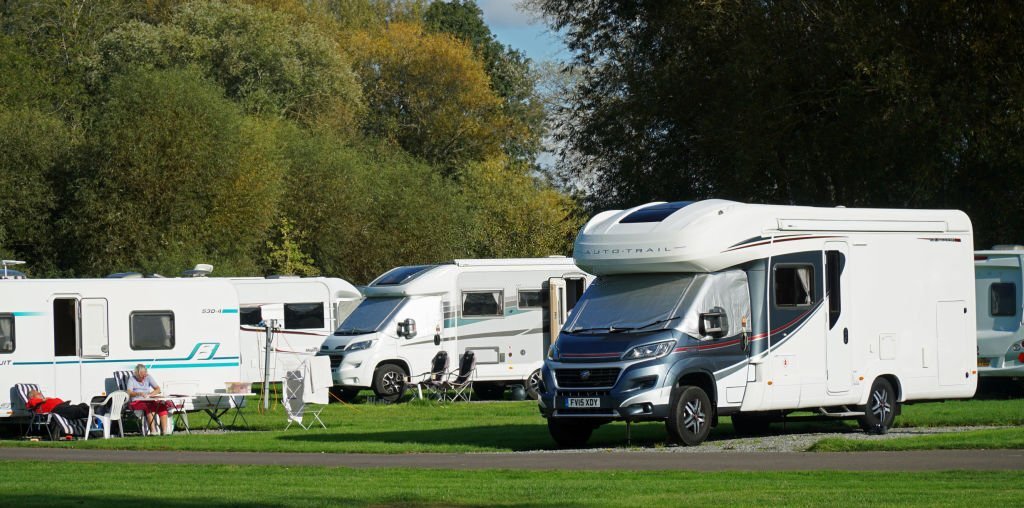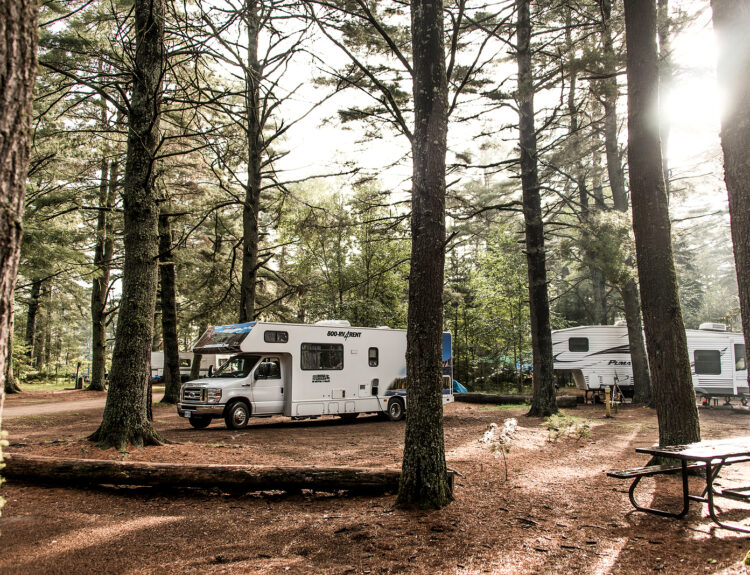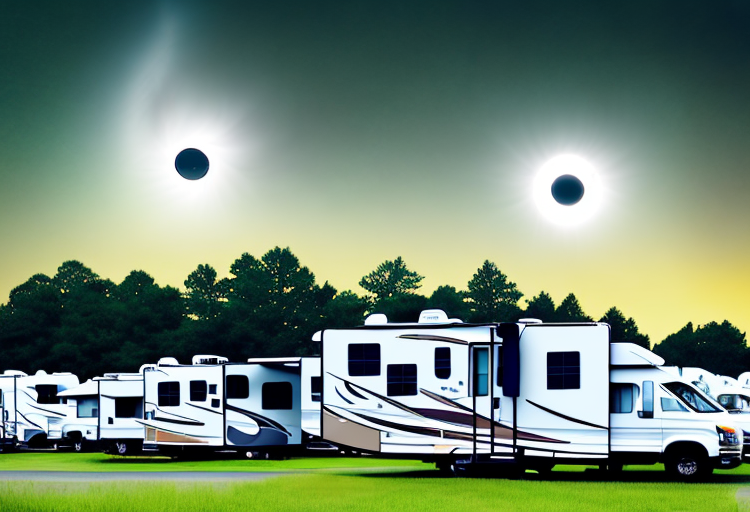RVs have always been an integral part of North America’s vibrant traveling culture. Yet in recent years, as travel preferences evolve and a growing number of individuals seek unconventional and adventurous vacation options, RV parks have emerged as a preferred choice for many travelers.
But what does the landscape look like in 2023? Today, the RV park industry is more relevant than ever. With increasing emphasis on flexibility, personal space, and the pursuit of outdoor experiences, RV parks have become a focal point for both leisure travelers and long-term nomads.
Moreover, the ongoing global shifts in travel patterns have further cemented the RV park industry’s role as a vital part of North America’s economic framework.
Whether you’re an RV park owner, an aspiring entrepreneur, or just curious about the current state of this fascinating industry, this comprehensive analysis of the RV park industry statistics will provide you with valuable insights and actionable guidance. If you’re planning to start your own RV park, reviewing a RV park business plan sample can be a crucial first step to building a successful operation.
Overview of RV Park Industry Statistics
The market trends shaping the RV park industry in 2023 are multifaceted. From technological advancements to changes in consumer behavior, the industry is adapting and evolving to meet the demands of a new era.
Here are some general statistics about the size, growth, and trends of the RV park industry in North America:
Industry Growth
In 2023, there are more than 15,000 RV parks and campgrounds in the US and Canada, a 1.7% increase from 2022. In fact, the number of businesses in the industry has experienced a steady growth of 1.7% per year on average over the five years between 2018 – 2023. As oil supply levels normalize and prices fall, the industry is expected to keep growing in the next five years.
The steady growth of the industry shows that the RV park industry is a large and diverse sector that offers a variety of options for travelers and campers. Though there is a lot of competition among RV park owners and operators, the RV Park industry in the US has a low market share concentration.
Market Size and Revenue
The most recent data from Statista revealed that the market size of the RV park sector in the United States totaled 6.38 billion U.S. dollars in 2021, up from the previous year’s size of 5.93 billion U.S. dollars. For 2022, Statista predicted that the sector would keep growing, reaching 7.01 billion.
Market Growth
The RV industry has seen a steady increase in sales since 1980, with a remarkable surge in demand since 2009. The year 2021 was a historic one for RV makers, as they delivered 600,240 units. The sales in 2022 dipped slightly from the peak in 2021, but still outperformed the previous two years.
The number of households that own an RV has grown by more than 60% in the past two decades, reaching 11.2 million in 2021, while an RV purchase is on the agenda for approximately 13% of households within the next five years.
Additionally, and according to Wakefield Research, 61% of Americans plan to take an RV road trip or vacation in 2023, a significant rise from the previous year, when 48% did.
All these numbers indicate that there is clearly an increasing demand for RV travel and camping, especially in the past few years as the travel behavior and preferences of many people changed.
RV park owners and operators can take advantage of the opportunity to offer a safe, comfortable, and affordable alternative to other forms of accommodation.
Occupancy and Length of Stay

In the US, the average occupancy rate for RV parks is somewhere between 60 and 70%, but it can vary widely, depending both on the season and location.
On average, guests spend around 2.5 to 3.5 nights at an RV park, with more guests staying over on weekends and holidays than on weekdays.
The RV park industry has a strong demand and a loyal customer base that enjoys spending time in nature and exploring new places. However, there are still opportunities to increase the length of stay and repeat visits of RV park guests, by offering incentives, discounts, or value-added amenities.
Seasonal fluctuations and regional variations in the RV park market require careful planning and management to optimize occupancy and revenue.
Customer Demand
For a large portion of campers, having internet access is a crucial criterion when selecting an RV park, as shown by the 39.3% of them who strongly affirm this preference. This statistic reveals that RV parks should provide this amenity to their guests, as many campers want to have access to the internet.
Demographics and Digital Innovation
There has been a significant shift in the demographics of the industry. The average age of a first-time RV buyer is now 32 years old. Millennials and Gen Zers are becoming more and more interested in RVs and will likely continue to increase their share of the market for years to come.
According to a survey by the RVIA, millennials were the largest group of buyers, with 38%. Gen X buyers came second with 31%. Baby boomers, on the other hand, only made up 22% of the buyers.
This data reflects that the RV park industry has a broad appeal and the potential to expand its customer base to include different segments of the population. It also indicates that there is a growing interest and involvement of younger generations in RV travel and camping, which can expand the customer base and the market potential of the RV park industry.
This radical shift in demographics should also encourage RV parks to accelerate their digital initiatives to adapt to the new paradigm. From a high-quality website that can function as an effective online forefront to social media and email marketing campaigns that attract new guests, building a strong online presence is now crucial to achieve success in the RV park business.
In the digital era, websites are the key to attract new customers to any business. But you need to be prepared to compete for the attention of users, since it takes a blink of an eye (actually an average of 50 milliseconds) for a user to decide whether they like your site or not, and if they’ll stay or leave.
Aware of how important it is for RV parks to have a website that stands out online and boosts their income, we created RoverPass Premium Website Builder, a service that lets our team of professionals create a website that showcases your unique features.
You can also integrate your website with our campground reservation software, so you can sell your services around the clock in a simple and convenient way.
Read on to acquire more insights into the exciting RV park industry!






